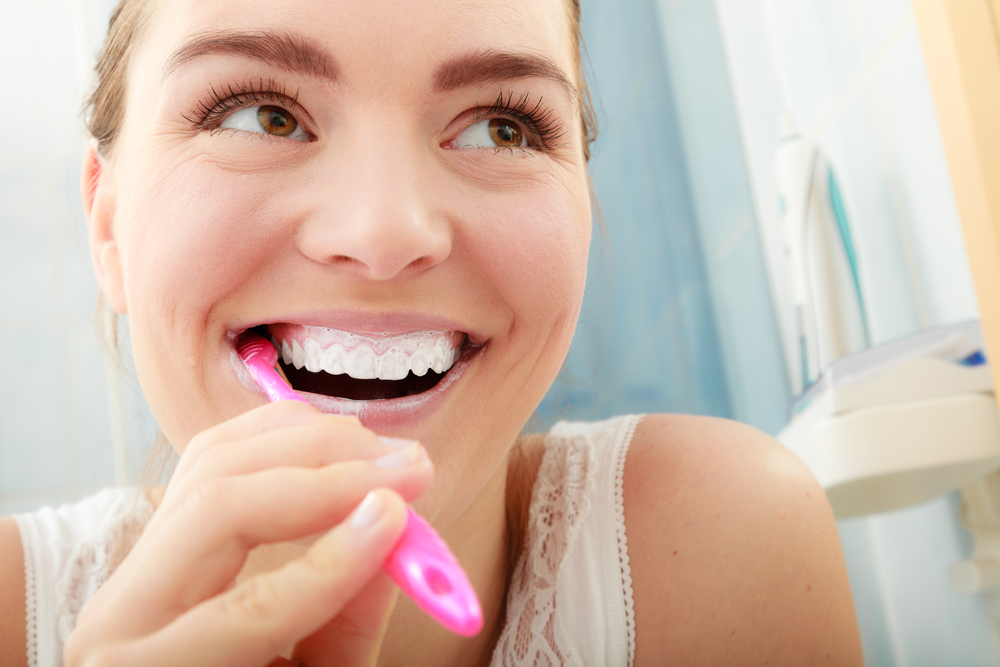Oral Hygiene Tips
Your mouth is the gateway to your body. When you have good oral health, your overall quality of life and health can improve. Maintaining good oral health will also prevent other conditions, both dental and physical. Even if you have a healthy smile now, if you do not practice good oral hygiene, it is unlikely that you will get to keep your health smile. Here are some tips for good oral hygiene.
7 Simple Oral Health Tips:
- Stay hydrated. Our first tip is simple, but often pushed to the wayside. Water is, inarguably, the best drink for your overall health, including your oral health. Water can keep your saliva flowing well and since saliva is the first line of defence against tooth decay, it is so important.
- Eat well. Our second suggestion is to watch your diet. Foods that are high in starches or sugars stimulate the natural bacteria in your mouth, which can lead to tooth decay. Instead, eat vegetables. Not only are vegetables good for your body, but they also help clean your teeth while you are eating.
- Brush your teeth. This one might seem obvious, but it needs to be said. You should be brushing your teeth twice a day, every day. You especially need to brush your teeth before bed to remove the plaque that has accumulated throughout the day. Your brushing technique also matters. Do not rush through the process, but using gentle, circular movements, remove the plaque from every surface of each tooth. You need to brush for two minutes each time.
- Brush your tongue. Plaque, that white sticky coating that shows up on your teeth, also likes to stick to your tongue. Having plaque build-up on your tongue keeps the bacteria that you might have removed off of your teeth present in your mouth. The plaque can also cause bad breath.
- Use fluoride. While fluoride is often added to many city water systems, you really need to be using fluoride toothpaste as well. Regardless of your age, fluoride helps to strengthen and desensitize your teeth. The brand of your toothpaste does not matter as much as using a fluoride toothpaste does.
- Flossing is one of the biggest neglected habits for oral health. Flossing not only removes bacteria between your teeth, keeping decay away, but it also stimulates the blood flow to your gums, keeping them healthy. When you have healthy gums, the foundation of your teeth says healthy too. It can be difficult to floss, especially if you have tight spaces between your teeth, are suffering from arthritis, or even if you are trying to floss a child’s teeth, but there are many floss options out there for everyone. You should be doing it right along with brushing to make it a habit.
- Visit the dentist. Finally, make sure you are keeping up with your regular, twice yearly, dental hygiene appointments. A hygienist will remove any plaque that has hardened and your local Mississauga dentist can watch for signs of trouble before it turns into something worse.
Recent Posts



